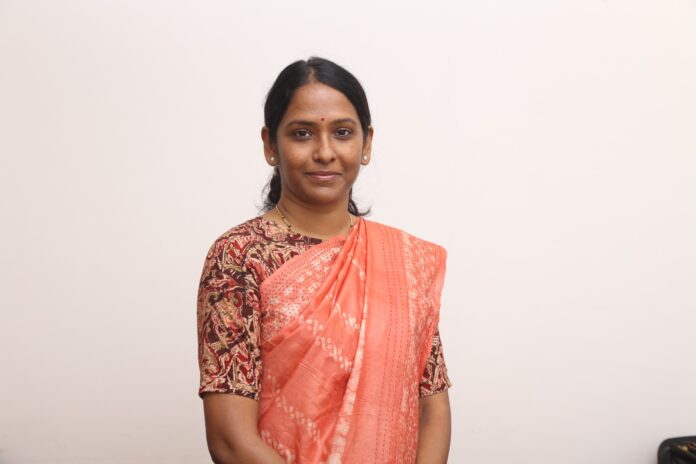Dr. Suchismitha Rajamanya, Lead Consultant & HOD – Internal Medicine, Aster Whitefield Hospital, Bengaluru
Not getting enough shut eye and powering through the day is just not medically recommended. It could be the late-night work, assignment submission, your new bundle of joy, a fun night out, just the heat wave or even those pesky mosquitoes keeping you up at ungodly hours of the night. The next day is a punishment. Your concentration wavers, head gets heavy, eye strains to keep up, fatigue sets in, and productivity dips to an all-time low. Sleep deprivation is a common issue, and while an occasional sleepless night might not cause lasting harm, chronic sleep loss can significantly impact your physical and mental health.
Sleep deprivation wreaks havoc on both mental and physical health. Notably, it impairs cognitive function, leading to difficulties in concentration, problem-solving, and mood regulation. This not only jeopardizes daily tasks but also strains relationships and diminishes overall life satisfaction. Moreover, inadequate sleep disrupts hormonal balance, affecting the production of key hormones crucial for various bodily functions. This disruption increases the risk of obesity, diabetes, cardiovascular diseases, and weakened immune function. Chronic sleep deprivation not only heightens susceptibility to infections but also correlates with a shorter lifespan, underscoring the critical importance of sufficient sleep for overall health and well-being.
What is the required amount of sleep, then?
At least six to seven hours of sleep are required for the body to support various vital functions and to promote optimal physical and mental performance. During sleep, the body engages in crucial restorative processes such as tissue repair and muscle growth. Additionally, adequate sleep is essential for maintaining hormonal balance, supporting immune function, and regulating metabolism.
Even a single day of sleep deprivation, though seemingly harmless in the long term, can give rise to a host of short-term challenges. These include difficulties with concentration, heightened irritability, drowsiness, and decreased productivity. The resulting fatigue can compromise coordination and reaction time, elevating the risk of accidents and injuries. Furthermore, diminished performance at work or school can exacerbate the adverse effects of sleep deprivation.
Tips for Getting Through a Sleep-Deprived Day:
If you find yourself facing a day after a restless night, here are some tips to help you cope:
- Staying hydrated: Drinking plenty of water can help improve alertness and combat fatigue.
- Avoiding strenuous activity: Opt for light exercise or stretching instead of pushing yourself physically. Also avoid activities like driving or lifting heavy weights or operating machinery.
- Take breaks: Give your mind and body short breaks throughout the day to help you stay focused.
- Skip caffeine in the afternoon: While a morning cup of coffee might be helpful, avoid caffeine later in the day as it can disrupt nighttime sleep.
- Power nap (if possible): If you have the opportunity, a short 20-minute nap can significantly improve alertness and cognitive function.
- Avoid making important decisions: When sleep-deprived, your judgment might be clouded. Wait to make important decisions until you’ve had a chance to rest and recharge.
Also Read: Advancing School Bus Safety: Integrating Technology for Safer Journey
The recommended amount of sleep varies by age group. For adults aged 18 years and older, it’s generally advised to aim for 7-9 hours of sleep per night, although individual needs may vary. Infants need the most sleep, with 14-17 hours recommended for those aged 0-3 months, gradually decreasing as they grow older. For children and teenagers, the recommended sleep duration ranges from 12-15 hours for babies aged 4-11 months to 8-10 hours for teenagers aged 13-18 years. Following this will ensure, you have a productive day, and your body and mind are well-rested.
This year educate yourself and develop your career with EdTech Platform EasyShiksha

































































